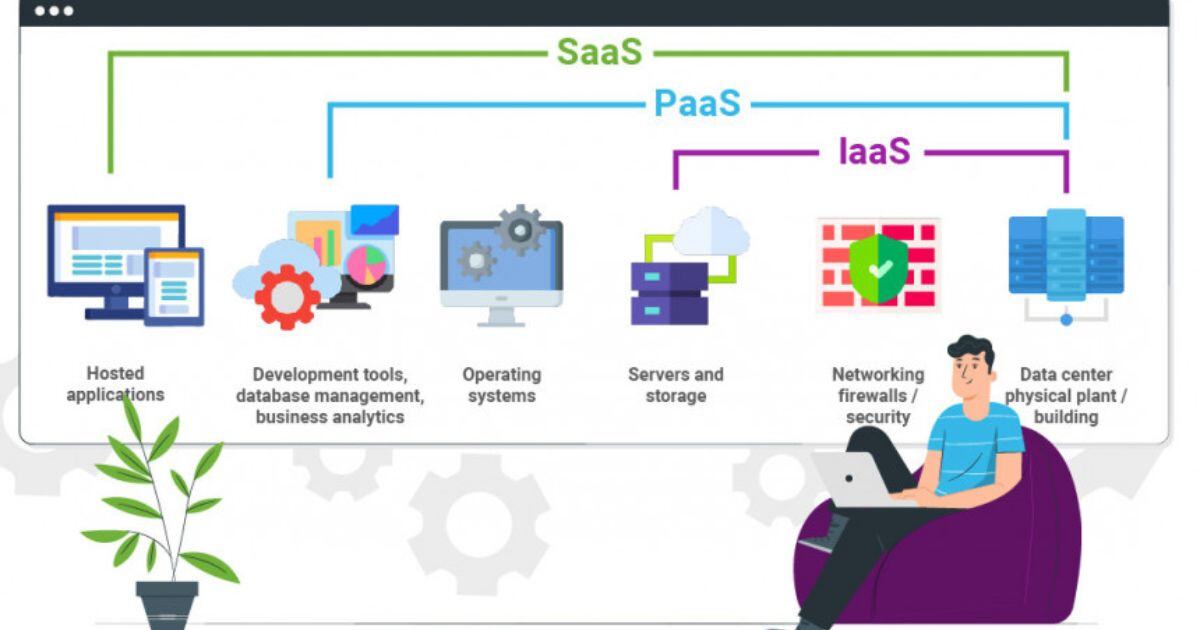For small businesses, efficiency, cost savings, and scalability are key to sustainable growth. Many entrepreneurs hesitate to invest in ERP software for small companies, assuming it’s too complex or costly. However, an ERP system can significantly enhance operations, automate processes, and improve decision-making.
This guide explores why ERP software is not just for large corporations but an essential tool for small businesses looking to streamline operations and remain competitive.
Learn More: ERP Consulting
What is ERP Software for Small Companies?
Enterprise Resource Planning (ERP) software integrates essential business functions into a single system. Small businesses can use ERP to manage:
-
Inventory and supply chain
-
Accounting and financials
-
Customer relationship management (CRM)
-
Human resources
-
Project management
Unlike standalone tools, ERP provides a centralized platform that enhances data accuracy, reduces manual errors, and improves overall efficiency.
Why Small Companies Need ERP Software
1. Increased Efficiency and Productivity
ERP eliminates redundant tasks and automates workflows, freeing up time for employees to focus on strategic tasks rather than manual data entry.
2. Cost Savings Over Time
While the initial investment in ERP software for small companies may seem high, it reduces operational costs in the long run by improving resource management, preventing errors, and optimizing inventory control.
3. Data-Driven Decision Making
An ERP system provides real-time insights into sales, expenses, and operational efficiency, allowing small business owners to make informed decisions.
4. Scalability for Growth
As small businesses expand, managing multiple systems becomes challenging. ERP scales with your business, ensuring seamless growth without the need for constant software changes.
5. Better Compliance and Security
Many ERP solutions come with built-in compliance features, helping small businesses adhere to industry regulations and secure sensitive data.
 Cost-Benefit Analysis of ERP Systems for SMBs
Cost-Benefit Analysis of ERP Systems for SMBs
Investing in ERP software can feel daunting, especially for businesses with tight budgets. However, the long-term benefits often outweigh the initial costs.
- Initial Costs: Licensing fees, implementation, and employee training are significant upfront expenses. For example, implementing a standard ERP system might cost $10,000 to $50,000, depending on the scale of your business.
- Long-Term Savings: ERP reduces manual tasks, streamlines workflows, and minimizes errors. Over time, these efficiencies translate into significant cost savings. ERP systems can reduce operational costs by up to 23%.
Scalability and Efficiency
ERP systems grow with your business. Whether you’re adding new products, opening locations, or hiring employees, ERP ensures your systems keep up without requiring a costly overhaul. For example, a small retailer expanding into e-commerce can use an ERP to integrate inventory tracking and online sales seamlessly.
This scalability eliminates the need for piecemeal solutions and allows SMBs to focus on strategic growth without operational bottlenecks. It’s particularly beneficial for SMBs aiming to stay competitive while managing increased complexity.
Cloud ERP Solutions: A Cost-Effective Option for Small Businesses
Cloud-based ERP systems have revolutionized the market, making it easier and more affordable for SMBs to adopt advanced solutions. Here's why cloud ERP is ideal for SMBs:
- Lower Upfront Costs: With no need for expensive hardware, cloud ERP systems significantly reduce initial investment.
- Flexibility: Access your data anytime, anywhere, ensuring seamless remote work capabilities.
- Automatic Updates: Cloud ERP providers handle updates and maintenance, saving you time and resources.
Some widely used cloud ERP options include Microsoft Dynamics 365, NetSuite, and SAP Business One. Each of these platforms has unique characteristics, offering distinct benefits and challenges for SMBs.
- Microsoft Dynamics 365: This platform is known for its seamless integration with other Microsoft products like Office 365 and Teams. It provides robust analytics and reporting capabilities, making it ideal for businesses that rely heavily on data-driven decision-making. However, it can be challenging to implement without prior experience or expert guidance.
- NetSuite: NetSuite excels in scalability, offering tools for financial management, CRM, and e-commerce. It’s particularly beneficial for SMBs with plans for rapid growth. That said, some businesses find the subscription pricing model to be a significant investment over time.
- SAP Business One: This platform is designed specifically for SMBs, providing features like inventory management and customer relationship tools. Its ease of use is a major benefit, but businesses may face challenges during initial implementation due to its comprehensive setup requirements.
Choosing the right cloud ERP solution depends on your specific needs, goals, and existing infrastructure.
Real-World Examples of SMBs Successfully Implementing ERP
Understanding how other businesses have successfully implemented ERP can provide valuable insights into its transformative potential for SMBs. Here are two examples of companies that found success with Madata's ERP consulting and implementation.
Case Study: GCC’s Successful Migration to SAP S/4HANA
GCC transitioned its ERP system from Oracle to SAP S/4HANA with Madata’s expert guidance. This migration resulted in significant operational improvements:
- VAT transfer processes were reduced from 15 hours to just 8.
- Database storage space requirements were cut by 50%.
- Sales productivity saw a marked increase due to smoother solution transitions.
- Current order execution improved by 50%, while billing and reports of in-progress orders rose by 45%.
Case Study: HEMA Group Implements SAP Business One on HANA
HEMA Group decided to implement an ERP system to streamline their operations and improve efficiency. With Madata’s expertise, they successfully deployed SAP Business One on HANA in just eight months. Key achievements included:
- Consolidation of the food division and financial operations into a single system.
- Integration with other systems, including the store’s point of sale and third-party ERPs like Alchisa’s and Dimanor’s.
- Standardization of processes across the organization, enhancing operational consistency.
- Laying the groundwork for a future Business Intelligence system, enabling timely decision-making and strategic planning.
These case studies demonstrate how tailored ERP implementations can lead to transformative improvements in efficiency, accuracy, and scalability for businesses of all sizes.
If you’d like to hear more success stories: read them here.
Choosing the Right ERP Software for Small Companies
Not all ERP solutions are created equal. Here’s what small businesses should look for when selecting an ERP system:
-
Cloud-Based vs. On-Premise: Cloud ERP offers flexibility and lower upfront costs, while on-premise solutions provide more control.
-
Customization: Choose an ERP that fits your industry-specific needs.
-
User-Friendly Interface: An intuitive system reduces training time and increases adoption.
-
Integration Capabilities: Ensure the ERP integrates with existing business tools such as accounting software and CRM platforms.
Top ERP Software Options for Small Businesses
Some of the best ERP solutions designed for small businesses include:
-
NetSuite – Comprehensive cloud-based ERP with strong financial management features.
-
Odoo – Open-source and highly customizable for small companies.
-
SAP Business One – Scalable ERP with excellent reporting capabilities.
-
Zoho ERP – Affordable and user-friendly with CRM integration.
-
Microsoft Dynamics 365 – Great for businesses already using Microsoft products.
 Transform Your Operations With the Help of Madata IT
Transform Your Operations With the Help of Madata IT
Enterprise Resource Planning systems can revolutionize how small and mid-sized businesses operate by offering improved efficiency, cost savings, and scalability. The right ERP solution empowers you to streamline operations, enhance decision-making, and stay competitive in a rapidly evolving market.
At Madata, we understand that implementing an ERP system can feel overwhelming, but you don’t have to do it alone. With over two decades of experience, we’ve helped countless businesses optimize their operations and achieve sustainable growth through tailored ERP solutions. From initial consultation to implementation and beyond, we provide the expertise and support you require every step of the way.
Our team takes the time to understand your unique challenges and designs solutions that align with your goals. Whether it’s integrating SAP S/4HANA, deploying SAP Business One, or customizing a system to suit your specific needs, Madata is here to guide you.
Download The Ultimate Guide to ERP Implementation: A Step-by-Step Approach and take the first step toward an efficient, scalable, and future-ready operation with Madata by your side.








